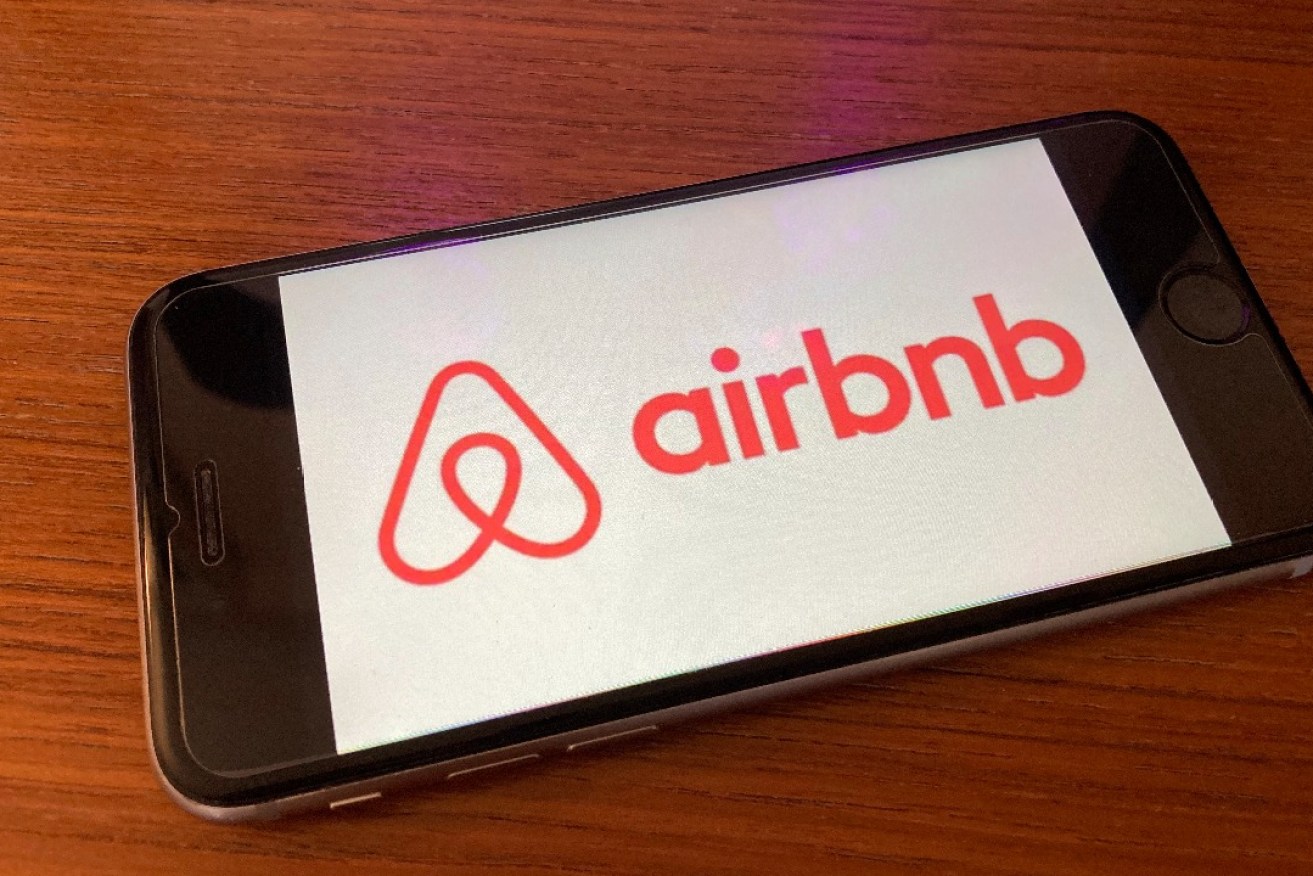Airbnb pushes back against higher city council rates
Airbnb says an Adelaide City Council push to raise rates on short stay properties “will only hurt families already struggling with the rising cost of living”, while the Property Council has also spoken out against it.


Photo: STRF/STAR
Council administration last week floated four policy options to impose tighter regulations on short stay rental properties in the CBD and North Adelaide as part of its next budget in 2024/25.
Councillors have expressed concern that holiday accommodation platforms such as Airbnb and Stayz are impacting long-term rental accommodation in the city and could hinder council’s target to double the city’s population to 50,000 by 2036.
There are also concerns that short-stay property owners pay lower council rates than competitors in the traditional hotel sector because they are only subject to residential and not commercial rates.
There are around 600 short-stay accommodation properties available across the CBD and North Adelaide at any one time, according to council data.
Subjecting short-stay rental properties to commercial rates, introducing a separate rate, or even creating a paid permit scheme for Airbnbs were among the ideas floated by the council administration last week.
But Airbnb’s preferred model of regulation is a state-wide tourism levy, and the company has rallied against isolated local government taxes in other jurisdictions, including Tasmania and New South Wales.
Michael Crosby, Airbnb’s Head of Public Policy for Australia and New Zealand, said the company would support state-wide registration and data sharing in South Australia to “ensure the South Australian Government has transparency of the short-term rental industry”.
“As the Festival State, Airbnb provides South Australia with extra accommodation during events such as the Tour Down Under and the Adelaide Fringe Festival,” Crosby said.
“Most of our Airbnb Hosts are mums and dads looking to make some extra money by listing their home when they’re away or a spare room.
“Higher council rates will only hurt families when they’re already struggling with the rising cost of living.”
Crosby said Airbnb guests spent more than $711 million in South Australia last year and supported more than 5000 jobs.
“There is a lot at stake in getting the balance right,” he said.
“We’re committed to working with local councils in developing appropriate local plans which don’t jeopardise travel which benefits more people and communities across the state.”
Airbnb has previously argued that a tourism levy between three to five per cent would be in line with international standards. It has pushed back against a Victorian government levy of 7.5 per cent on Airbnbs.
Premier Peter Malinauskas, asked yesterday whether the government was exploring a similar Airbnb levy to Victoria’s, said: “As a government, we’re contemplating every measure that can result in an increase in the housing supply, whether it be the biggest land release in the history of the state… the tax reductions around stamp duty, rental reforms.
“We’re serious about it, but that hasn’t been an option the government’s pursued.”
Australian Hotels Association SA chief executive Anna Moeller said raising council rates on Airbnbs would only have a “negligible impact” on short-stay accommodation numbers.
“Any economic impact that an increase in rates would have is not going to be significant enough for it to have any deterrent effect,” she said.
“Even if they doubled them, it will still be worth [the owner’s] while for the income that they generate from the bed nights.”
But Moeller said a 90-day cap on Airbnb bed nights could be a more effective solution.
“That means that there’s all of those additional nights where people, rather than staying at that private accommodation, would be booking into a hotel,” she said.
She also said subjecting short-stay property owners to stricter building code and fire safety compliance would put them on a “level playing field” with the traditional hotel sector.
South Australian Council for Social Service CEO Ross Womersley said the state government should consider a land tax surcharge on vacant properties which includes short-stay rental properties.
“I am generally encouraged that Adelaide City Council is looking at taxing short-term rental as we have identified the growth of Airbnb and other similar platforms as one factor contributing to rental shortages and the current rental crisis,” he said.
“Ideally, it may be good to see these issues addressed right across the state, and probably focusing on properties with high vacancy rates.”
Adelaide’s rental vacancy rate was just 0.5 per cent in November, according to SQM research.
Property Council chief executive Bruce Djite said the council’s Airbnb proposals “were a distraction from actually addressing the housing crisis”.
“The Adelaide City Council has just released a draft housing strategy with very ambitious growth targets,” Djite said.
“Their resources are best utilised incentivising more private residential investment, not throwing up lazy policy ideas that ultimately won’t touch the sides.”




